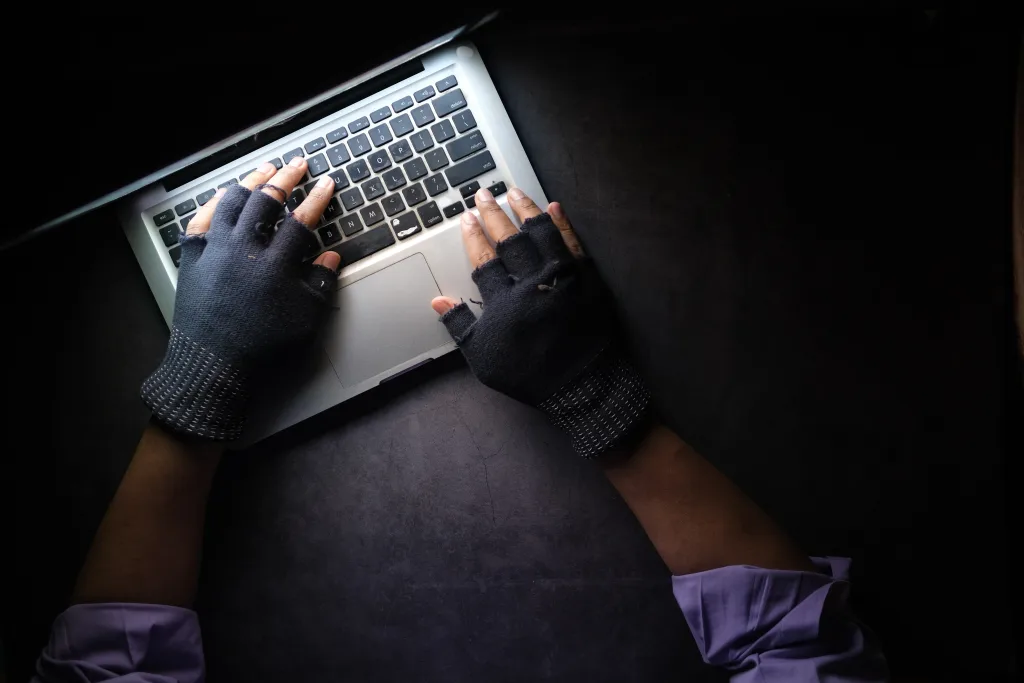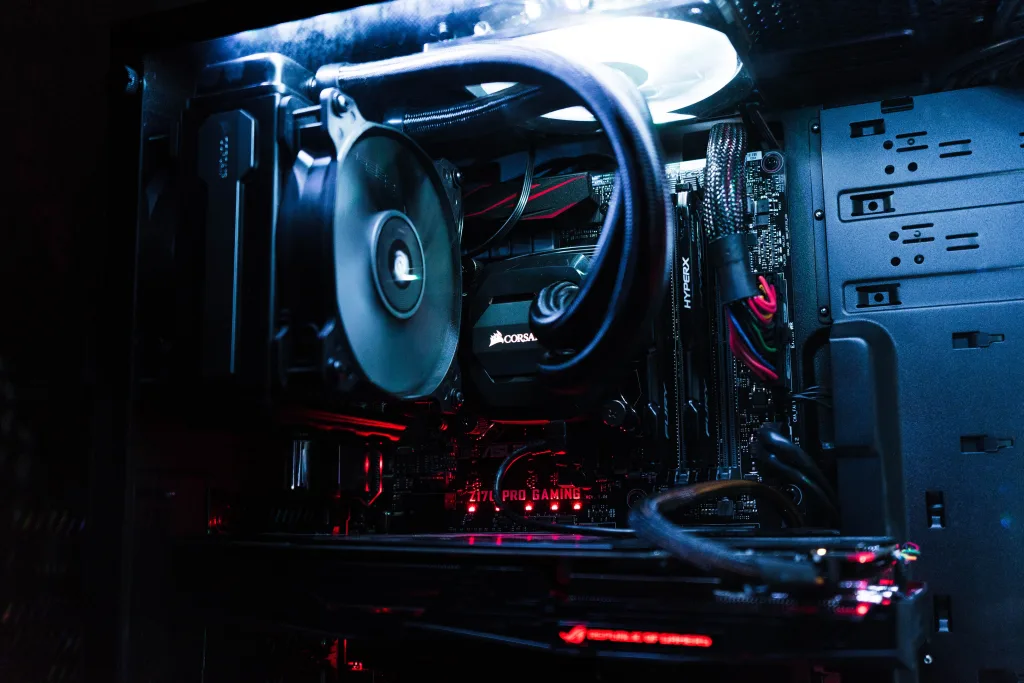Scalping, the practice of reselling tickets or high-demand goods at inflated prices, has long been a contentious issue. Many argue that it unfairly takes advantage of consumers and prevents them from accessing popular products at reasonable prices. However, despite calls for stricter regulations, scalping remains legal in many jurisdictions, including the United States. So, why isn’t scalping illegal?
One of the main reasons is the principle of free market economics. In a free market, prices are determined by supply and demand. When demand exceeds supply for a particular product or event, prices naturally rise. Scalpers take advantage of this situation by purchasing items or tickets at face value and then reselling them at a significantly higher price. Proponents of free market principles argue that this is simply a case of supply and demand, and that individuals should have the freedom to sell their property at whatever price they see fit.
Another reason why scalping is not illegal is the difficulty in enforcing such laws. Identifying and prosecuting scalpers can be challenging, especially in the online marketplace where transactions can occur anonymously. Additionally, defining what constitutes scalping can be subjective. Is selling a ticket for a higher price considered scalping, or is it only when the price is deemed excessive? These nuances make it difficult to create clear-cut legislation that effectively targets scalping without unintended consequences.
Furthermore, some argue that banning scalping outright could lead to unintended negative consequences. For instance, if tickets were sold at a fixed price, it could create an artificial market where individuals buy tickets solely for the purpose of reselling them at a higher price. This could potentially lead to even higher prices and a lack of accessibility for consumers. Additionally, banning scalping could discourage individuals from purchasing tickets in the first place, as they may fear legal repercussions if they are unable to attend the event and need to resell their ticket.
It is worth noting that while scalping itself may not be illegal, there are certain practices associated with scalping that are prohibited. For example, using automated software, known as “bot scalping,” to purchase tickets in bulk is against the terms of service of many ticketing platforms. However, the enforcement of these rules can be challenging and often falls to the ticketing platforms themselves.
The legality of scalping is a complex issue that involves considerations of free market principles, enforcement challenges, and potential unintended consequences. While many argue that scalping is unfair and should be illegal, others believe that it is simply a result of supply and demand dynamics. As the debate continues, lawmakers and regulators will need to carefully consider the potential impacts of any changes to scalping laws, balancing consumer protection with the principles of a free market economy.
Will Scalping Be Made Illegal?
As an AI language model, I can provide you with an informative answer to your question. Please note that I am not a legal expert, and the information provided here should not be taken as legal advice. It is always best to consult with a professional in the field for accurate and up-to-date information.
Currently, I am not aware of any specific legislation that makes scalping illegal in general. However, lawmakers in the United States have recently introduced a bill called the Stopping Grinch Bots Act, which aims to prohibit the use of bot software to engage in scalping of high-demand goods.
The Stopping Grinch Bots Act is specifically focused on preventing the automated purchasing of popular products by bots, which can then be resold at inflated prices. If passed, this legislation would make it illegal to use automated software or bots to purchase large quantities of tickets or other goods for the purpose of reselling them at excessive prices.
It is important to note that this bill is currently being proposed and has not yet become law. Its success in being passed and implemented would depend on various factors, including the support it receives from lawmakers, its alignment with existing legislation, and potential opposition or challenges it may face.
While there are efforts to address the issue of bot scalping through legislation such as the Stopping Grinch Bots Act, the legality of scalping itself may vary depending on the jurisdiction and the specific context in which it occurs.

Why Is Price Scalping Not Illegal?
Price scalping, also known as ticket scalping, refers to the practice of reselling tickets for events, such as concerts, sports games, or theater performances, at prices higher than their face value. While price scalping may be considered ethically controversial, it is typically not illegal for several reasons:
1. Property rights: Once a ticket is purchased, it becomes the property of the buyer. As the owner, they have the right to transfer or sell their ticket to another individual if they choose to do so. In many jurisdictions, including the United States, the principle of property rights allows individuals to sell their property at a price they deem appropriate.
2. Free market principles: Price scalping is often seen as a consequence of supply and demand dynamics in a free market economy. When an event is in high demand and tickets are limited, scalpers can exploit this scarcity by charging higher prices. From an economic perspective, this allows for efficient allocation of resources and ensures that tickets are acquired by those who value them the most.
3. Lack of legislation: Many countries do not have specific laws prohibiting ticket scalping or setting price limits. In the absence of such legislation, scalping is generally considered legal. However, it’s worth noting that some jurisdictions have implemented regulations to combat scalping, such as requiring scalpers to disclose ticket details or capping resale prices for certain events.
4. Enforcement challenges: Even in jurisdictions where scalping is illegal, enforcing such laws can be challenging. Identifying and prosecuting individual scalpers can be difficult, especially when transactions occur online or through secondary markets. This creates practical difficulties for authorities in effectively regulating and penalizing price scalping activities.
5. Potential benefits: Supporters of ticket scalping argue that it can lead to certain benefits. For instance, scalpers may provide a secondary market for sold-out events, allowing individuals who missed out on initial ticket sales to still attend. Additionally, scalping can incentivize event organizers to reassess their pricing strategies and potentially adjust ticket prices to better reflect market demand.
It is important to note that while price scalping may be legal in many jurisdictions, it is not universally accepted or condoned. Event organizers often employ measures to combat scalping, such as implementing ticket purchase limits, using technology to deter reselling, or partnering with official resale platforms. These efforts aim to ensure fair access to tickets and protect consumers from fraudulent or overpriced transactions.
Can You Go To Jail For Scalping?
Scalping, the act of reselling tickets for events at a higher price, is considered illegal in some states in the United States. While there is no federal law against scalping, 15 states have implemented regulations to curb this practice. In these states, scalping is typically classified as a misdemeanor offense, punishable by fines and, in some cases, imprisonment for up to a year.
The states that have laws against scalping include:
1. California
2. Connecticut
3. Delaware
4. Florida
5. Illinois
6. Kentucky
7. Louisiana
8. Massachusetts
9. Michigan
10. Minnesota
11. New Hampshire
12. New York
13. Ohio
14. Pennsylvania
15. Rhode Island
It is important to note that the specific penalties and regulations surrounding scalping may vary from state to state. Some states impose fines, while others may impose fines and potential jail time. The severity of the punishment may depend on factors such as the number of tickets involved, the value of the tickets, and the individual’s previous offenses.
While federal law does not prohibit scalping, several states have implemented laws against this practice. Individuals caught scalping tickets in these states may face misdemeanor charges, which could result in fines and, in some cases, imprisonment for up to a year. It is advisable to familiarize oneself with the specific regulations in the state where the event is taking place to avoid potential legal consequences.
Is Scalping GPUs Illegal?
Scalping GPUs, which refers to the practice of purchasing graphics processing units (GPUs) in bulk and reselling them at inflated prices, is currently not considered illegal in most jurisdictions. However, it is important to note that the legality of scalping GPUs can vary depending on the local laws and regulations in different countries or states.
While scalping GPUs may not be illegal per se, it is often regarded as an unethical practice due to its negative impact on consumers and the gaming community as a whole. The scarcity of GPUs caused by scalpers can lead to increased prices, making it difficult for gamers and other users to obtain these high-demand components at fair prices.
Many individuals and organizations, including gaming companies, are actively advocating for legislation to prevent or limit scalping of GPUs. They argue that such regulations would help protect consumers from price gouging and ensure a fair market for these products.
However, it is worth mentioning that enacting legislation specifically targeting GPU scalping can be challenging. The difficulty lies in defining what constitutes scalping and differentiating it from legitimate business practices, such as bulk purchasing for legitimate resale purposes.
While scalping GPUs is not currently illegal, it is widely seen as an unethical practice. Whether or not legislation will be introduced to address this issue remains uncertain, as it depends on the priorities and actions of lawmakers in different jurisdictions.

Conclusion
Scalping, particularly in the context of high-demand goods like tickets and GPUs, is not currently illegal due to a combination of factors. Firstly, there is no federal law specifically targeting scalping, leaving it up to individual states to legislate on this matter. While 15 states have implemented some form of ban on scalping, the penalties imposed are often relatively minor, categorizing it as a misdemeanor rather than a more serious offense.
Furthermore, the legality of scalping is also influenced by the terms and conditions set forth in the contract of sale. Unless explicitly stated otherwise in the contract, individuals are generally allowed to resell their purchased items, including tickets and GPUs. This lack of specific restrictions on resale contributes to the legal gray area surrounding scalping.
However, as the issue of bot scalping continues to gain attention and public outcry grows, there is increasing pressure on lawmakers to address this problem. The introduction of bills like the Stopping Grinch Bots Act indicates a willingness to tackle the issue and protect consumers from unfair practices.
Ultimately, the question of whether scalping should be illegal revolves around striking a balance between individual rights and the need for a fair and accessible marketplace. While some argue that individuals should have the freedom to sell their goods at any price they choose, others argue that scalping undermines the principles of fairness and affordability. As the debate continues, it remains to be seen whether legislation will be enacted to specifically target and prohibit scalping in the future.
